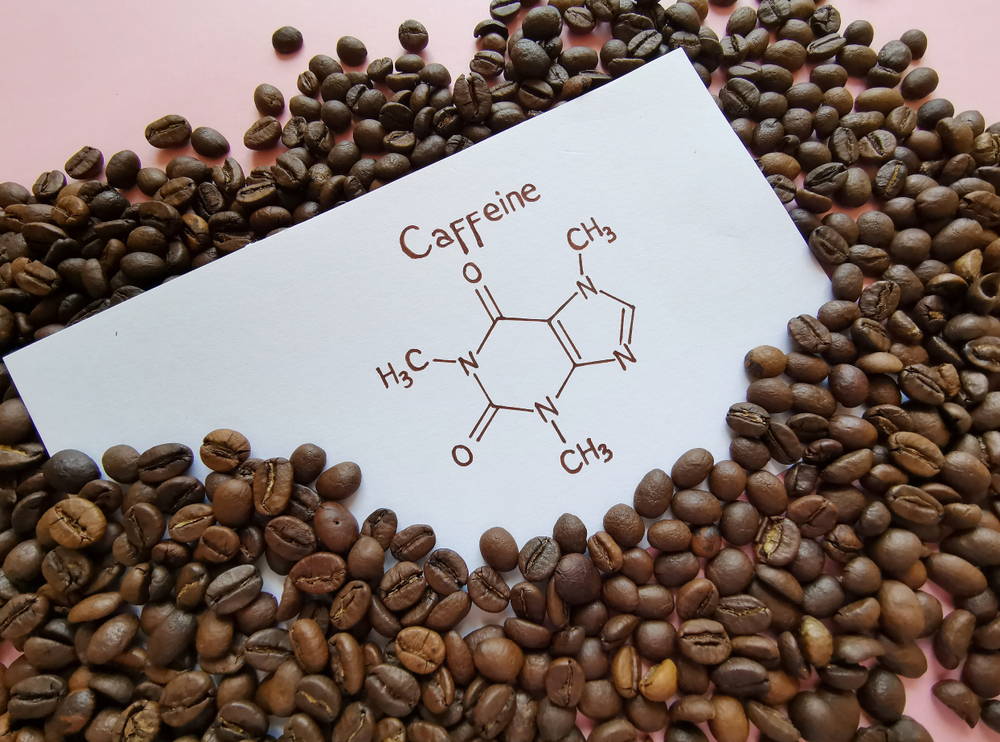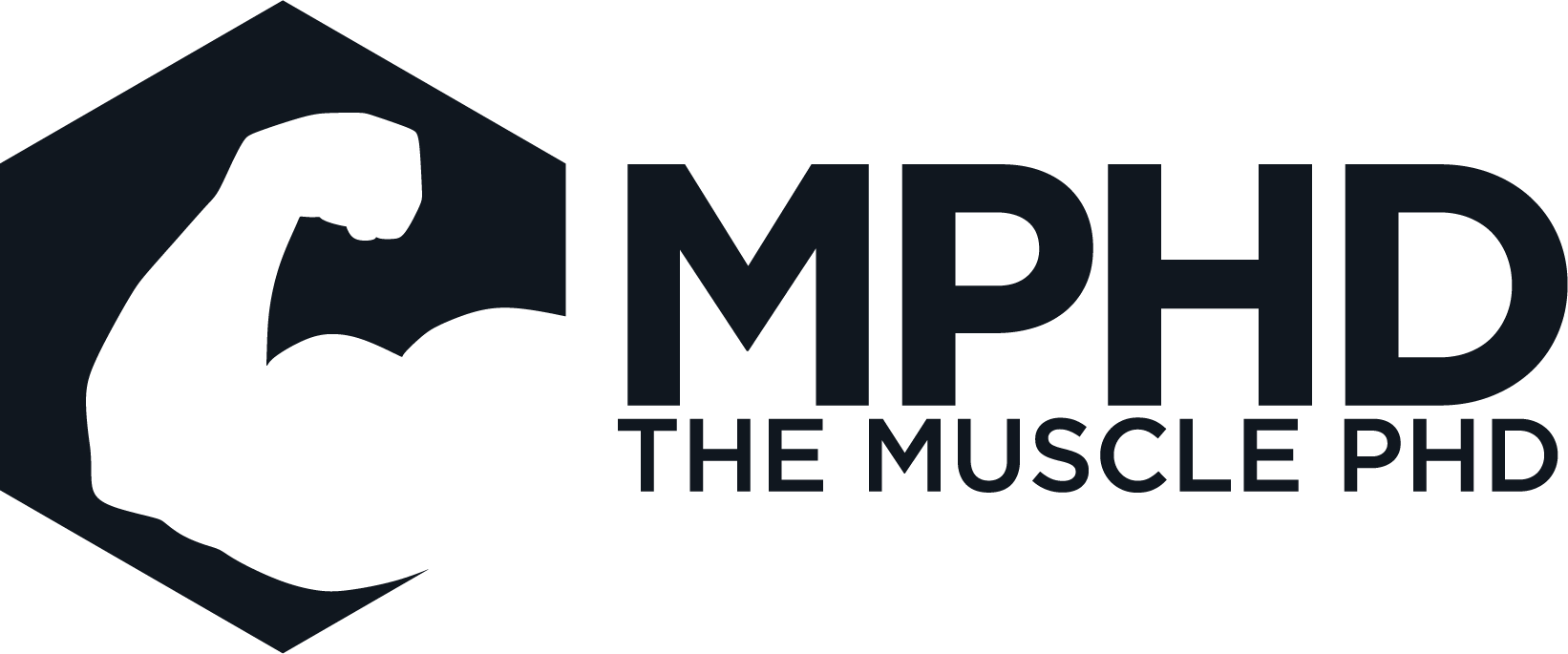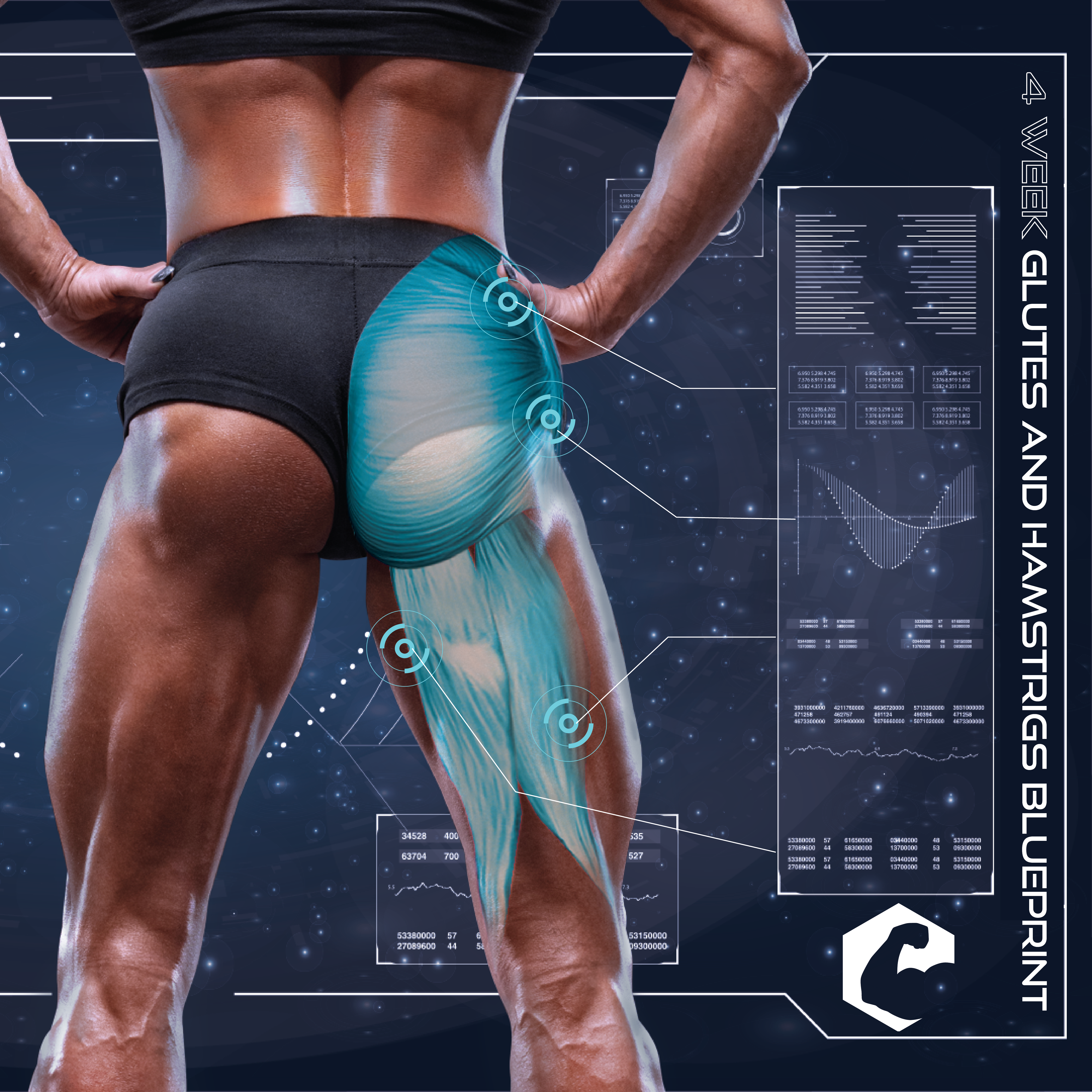Previously, we took a look at caffeine as a pre-workout supplement. We found that caffeine can be a pretty effective pre-workout as it can get you amped up before going to the weight room and get you ready to start your workout.
However, what if you’re looking at caffeine for another reason? Probably one of the most common drinks people consume while on a fat loss journey is a cup of coffee, due partly to its extremely low calorie count, which normally does not exceed 1 calorie/100g.
The thing is, caffeine, which is what gives coffee that kick, is actually a great supplement for fat loss. That’s because it not only gets you amped up and ready to go do some cardio, it actually stimulates your metabolism!
In this article, we’re going to take a deeper look at caffeine and discover its effects on fat loss and body composition.
Caffeine and Your Metabolism
There’s one thing you need to understand first. When you take caffeine during a weight loss journey and you find that it helps keep you losing weight, that’s not only because of its low calorie count, it’s also because caffeine stimulates the fat-burning process.
If you consume caffeine two times within a 24-hour period, you’ll lose around 200 calories more than if you hadn’t had any caffeine. Keep in mind that this doesn’t take into account any exercise you plan on doing.

The way caffeine stimulates your metabolism is through something called the adrenaline stimulated pathway. When we get amped up, which is what typically happens when we consume caffeine, a lot happens inside our bodies.
When the adrenaline hormone gets activated, it in turn causes us to burn fat. Basically, it binds to the fat cells and stimulates what we call a messenger molecule, in this case, something called cyclic AMP (cAMP).
Essentially, adrenaline sends cAMP to signal to the fat cells that they need to break down fat into fatty acids so that your body can burn with accelerated metabolism. The reason adrenaline buffs are so short lived is because there’s an enzyme in the muscle that breaks down cAMP, causing you to stop burning fat!
That’s where caffeine comes into play. Caffeine can help block the enzyme that’s targeting the cAMP messenger molecule. It stops the enzyme from killing the messenger, and as a result, you can continue burning fat at an accelerated rate all day.
Caffeine Short-Term Vs. Long-Term
Numerous studies have been conducted on the effects of caffeine on fat loss, and they concur that it does indeed have a significant effect in helping our bodies break down fat into fatty acid to burn. However, how long does it last? Can your body get used to the effects of caffeine and as a result gain a kind of resistance? Absolutely.
A 4-week study took two groups and had one group take caffeine on a daily basis over the time period, while the other group was banned from taking any caffeine in that same period. The group that took caffeine found that they were able to burn more fat and lost more fat during that 4-week time period.

Another interesting study had two groups do 6 weeks of dieting with no caffeine intake and afterward had them go on four weeks of maintenance. (That’s when you go back to consuming the maintenance calories that your body needs to not trigger its survival instinct.)
The problem with going back to maintenance is that if you’ve been forcing your body to survive on a calorie deficit, it’s going to tend to store more fat. As a result, you find that you usually gain a lot of fat after a weight loss diet. However, this study had one group take caffeine during that maintenance period, while the other group did not.
The researchers found that the group that consumed caffeine didn’t gain fat, unlike the group that didn’t have caffeine. That’s because after dieting, our metabolism tends to lower, but can be stimulated with caffeine. This tells us that caffeine could be great to take near the very end of your cut cycle, and when you go into maintenance. If you take caffeine throughout your whole cut cycle, it won’t work as well.
Studies that are around 12-24 weeks long actually show that caffeine stops helping with fat loss! That’s because your body tends to get used to it. This is why you need to cycle off of caffeine either during the week, or every 4-6 weeks, in order to maintain your sensitivity to it.
Caffeine Dosage for Fat Loss
When you’re taking caffeine for fat loss, we recommend taking around 200-400mg of caffeine twice a day, and you should make sure not to exceed the twice a day threshold. But what should you do when you’ve cycled off of caffeine?
We recommend taking exogenous ketones during your off cycle. Ketones are an outstanding supplement that can get you amped up while being non-stimulant. So once you think you’re getting down after cycling off of caffeine, take ketones and it’ll help you get right back into the fat burning department.
We hope this article helped highlight some of the important ways caffeine can help you in your fat loss journey. We look forward to seeing you in the next article.









